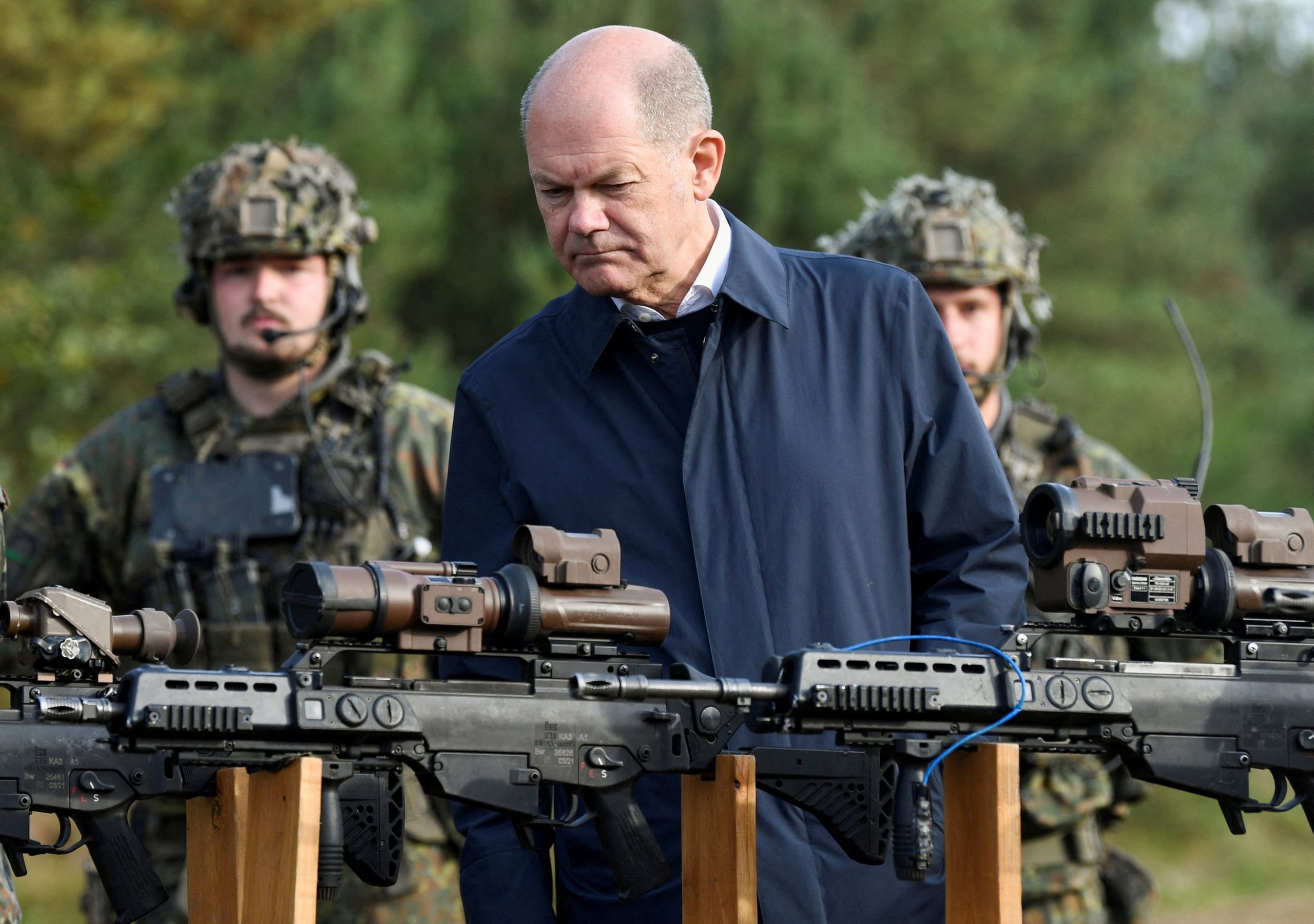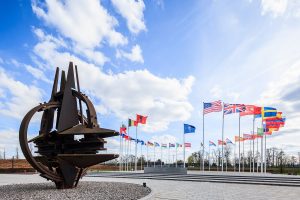The world is in a state of upheaval, and changes on the international stage inevitably impact national policies. A prime example of this dynamic is the evolving relationship between Germany and Turkey.
Not long ago, diplomatic tensions, mutual accusations, and deep mistrust cast a shadow over the relationship. However, following the recent meeting between the German Chancellor and the Turkish President in Istanbul, German media now speak of a “new German-Turkish friendship.” It is clear, however, that significant differences remain between Berlin and Ankara—especially regarding their contrasting views on Israel. Nonetheless, both sides are determined not to let these differences hinder the further development of bilateral relations.
Angela Merkel, the predecessor of current Chancellor Olaf Scholz, regularly addressed human rights violations and issues of the rule of law in her meetings with Erdogan. Scholz, a Social Democrat, refrained from raising these topics in Istanbul.
This shift is not due to improvements in Turkey’s human rights or legal framework. Rather, the geopolitical landscape has changed— and explains Berlin’s new pragmatism, which can be described as realpolitik.
“We agree that we have to act very united and very cohesively in NATO because of Ukraine,” said Scholz. For Berlin, Erdogan’s Turkey remains the most important strategic partner between Ukraine and the Middle Eastern crisis region.
To preserve this strategic relationship, the German government appears willing to make significant concessions. In addition to sidestepping the human rights issue, the clearest indicator of this new approach is the willingness to resume large-scale arms sales to Ankara. Recently, the news magazine Der Spiegel reported that Berlin—after years of hesitation—had granted approvals for substantial arms deals. “We have now left behind the problems we faced in acquiring the necessary products,” Erdogan stated, expressing gratitude to “my friend Chancellor Scholz.”
Despite this new arms cooperation, there are limits to the apparent harmony. One of the most contentious issues ahead of the visit was the possibility of Germany approving the sale of state-of-the-art Eurofighter jets to Turkey. While Scholz avoided making a firm commitment, he also refrained from issuing a clear rejection. He noted that negotiations were being handled by the British government on behalf of the Eurofighter consortium, calling it a project “that will continue to develop,” a typical noncommittal stance from the Chancellor in such matters.
While Erdogan is keen on modernizing Turkey’s aging air force with advanced fighter jets, Scholz is focused on securing Ankara’s cooperation on the refugee issue—particularly for domestic political reasons. The Chancellor publicly thanked Turkey for its “always practical, good cooperation on migration,” emphasizing that this partnership must continue at the European level, with Brussels providing “financial contributions” to Ankara.
Scholz, known for his typically restrained northern German demeanor, became unusually emotional when discussing Greek-Turkish relations, describing them as “close to his heart.” “I am pleased to see that relations have been moving in a positive direction for some time,” he said.
The fact that Athens and Ankara are sitting at the same table again is also the result of targeted diplomatic mediation by Germany in the fall of 2022. Then, as now, Berlin’s actions were motivated by concerns for cohesion and stability on NATO’s strategically vital southeastern flank.
It remains to be seen how the Greek government will react to the new rapprochement between Berlin and Ankara, and in particular the extensive German arms deliveries to Turkey.
Dr. Ronald Meinardus is a Senior Research Fellow at the Hellenic Foundation for European and Foreign Policy (ELIAMEP).



